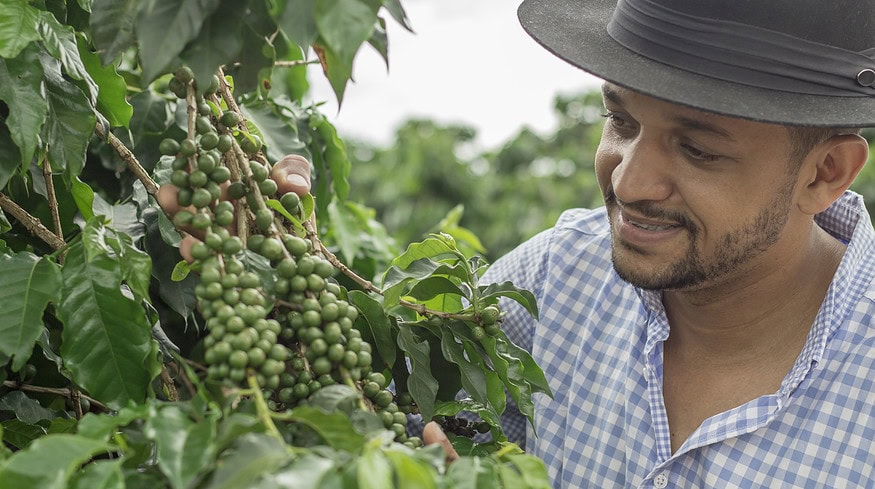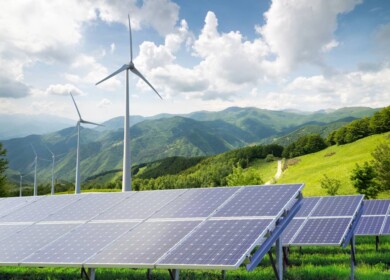Yara’s low-emission fertilizers make headway in Brazil’s coffee sector

Brazil, the world’s largest coffee producer, is facing mounting pressure to meet sustainability targets as international demand for environmentally responsible agricultural practices grows. A new initiative by Yara Brasil, one of the world’s leading fertilizer producers, introduces a low-carbon solution to the coffee sector. Yara’s renewable ammonia-based fertilizer, part of the Yara Climate Choice portfolio, promises a reduction of up to 90% in emissions compared to traditional fertilizers produced from fossil fuels, aligning with global sustainability goals and offering potential benefits to Brazil’s coffee farmers.
The first batch of this fertilizer was delivered to Cooxupé, Brazil’s largest coffee cooperative, which represents over 20,000 smallholder farms. Yara’s new product has the potential to cut the carbon footprint of coffee production by as much as 40%. With coffee increasingly seen as a sustainable crop in the global marketplace, this move comes at a critical time for Brazilian coffee producers who must adapt to shifting consumer preferences and environmental regulations.
“The delivery of low-carbon fertilizers is part of a broader strategy to help agriculture meet climate neutrality goals,” said Marcelo Altieri, President of Yara Brasil. He noted that collaboration between agribusinesses, producers, and the industry will be necessary to meet these targets.
Cooxupé, which exports coffee to more than 50 countries, views the adoption of low-carbon fertilizers as a direct response to the increasing consumer demand for sustainable products. Carlos Augusto Rodrigues de Melo, President of Cooxupé, emphasized that this move aligns with the cooperative’s commitment to sustainability, quality, and traceability, while also reflecting the global shift toward responsible sourcing.
This initiative follows years of innovation by Yara in reducing emissions from fertilizer production, with the company’s technology already cutting carbon footprints by up to 60%. As Brazil’s agribusiness sector moves toward more sustainable practices, the introduction of these fertilizers may set a new benchmark for the global coffee industry, positioning Brazil’s producers to meet environmental targets while maintaining competitive edge in key international markets.
The environmental footprint of logistics was also reduced, with fertilizers transported via natural gas-powered trucks and packaged in recyclable materials. For Brazil’s coffee sector, which is under increasing scrutiny from international buyers focused on sustainability, these efforts may become a critical component of long-term growth and market access.
Enjoyed this story?
Every Monday, our subscribers get their hands on a digest of the most trending agriculture news. You can join them too!
















Discussion0 comments